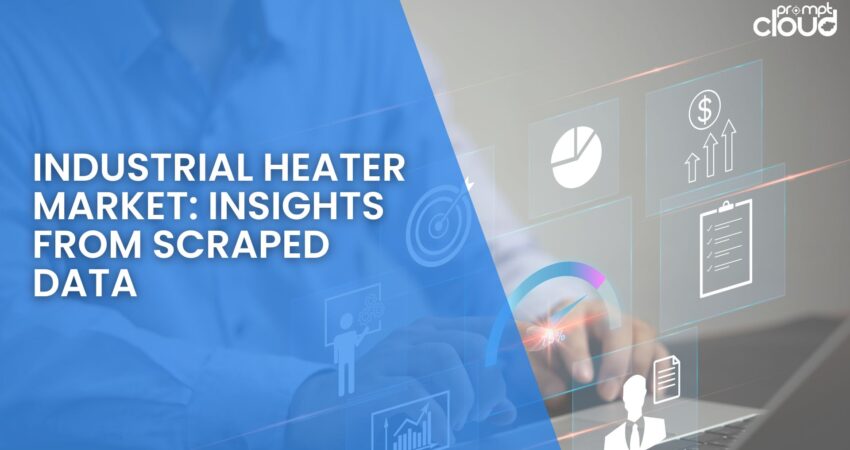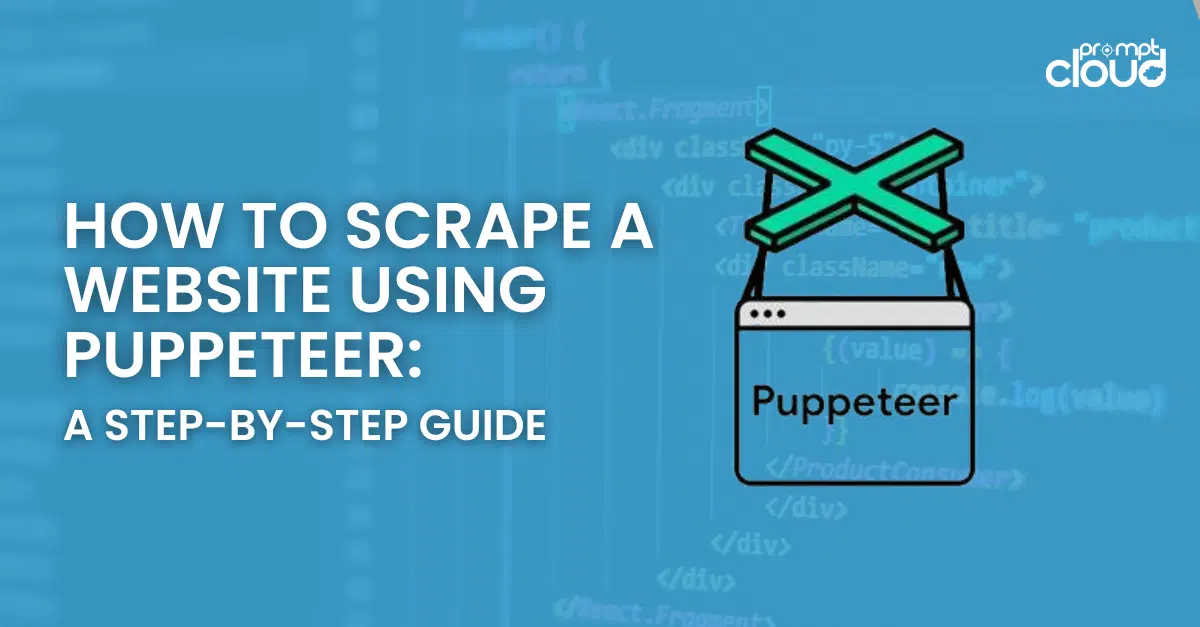
Choosing between renting or purchasing an industrial heater is a significant decision for businesses, construction sites, and various industrial operations. With changing climate conditions and the need for temporary heating solutions, understanding when to rent rather than buy can be essential for financial management and operational efficiency. This article explores the factors influencing this choice and helps businesses make informed decisions to suit their specific heating requirements.
Understanding Your Heating Needs
Before deciding between renting and purchasing, it’s crucial to assess your heating requirements meticulously. Key questions include: How long will you need the heater? Is it for a one-time project or ongoing usage? The duration of the project often dictates whether rental makes more sense. Typically, if you only require heating for a limited period, renting can alleviate concerns over maintenance, storage, and initial purchase costs.
In many cases, projects may require specific heating capabilities that can only be met by specialized equipment. If your operations tend to fluctuate with the seasons or project cycles, understanding these needs provides clarity. For example, a rental option can be a more adaptable solution in situations where demand varies significantly between winter and summer months.
Cost Considerations
One of the most critical factors in the rental versus purchase debate is cost. While purchasing an industrial heater involves significant upfront costs, renting tends to be more budget-friendly for short-term needs. This approach prevents tying up capital that could be better invested elsewhere.
A deeper financial examination reveals other expenses related to ownership. These include maintenance, repairs, and logistical costs such as transportation and setup. On the other hand, rental agreements often include delivery and setup, relieving businesses of these responsibilities. Therefore, depending on your project scope and duration, sometimes, opting for an industrial heater rental is a wise financial decision. Renting also provides the advantage of flexibility, allowing businesses to scale their heating needs up or down without the long-term commitment and financial burden associated with purchasing equipment.
Maintenance and Upkeep
Owning any piece of industrial equipment comes with the responsibility of maintenance and repair. Depending on the type and frequency of use, this can become quite costly. Rented equipment, in most cases, comes with warranty or service agreements that protect users from significant repair costs.
If businesses frequently use their industrial heaters, the wear and tear could necessitate alterations or updates to the equipment. Outdated or poorly maintained machines can lead to inefficiencies or even risks such as operation failures. Opting for a rental allows you to enjoy current technology without the long-term hassles of maintenance.
Flexibility in Equipment Choice
Flexibility is another compelling reason to consider rental options. Companies often experience changes in project requirements, which may call for different heater sizes, types, and output capacities. Rentals offer the flexibility to switch equipment quickly to meet varying heating demands.
If a business starts with a smaller project but later expands its operations, the heating needs will likely change. Heater rental services provide immediate access to a broader array of options without the need to purchase new equipment, saving both time and money.
Storage and Logistics
Storage is a significant consideration for any industrial equipment. Owning heaters means acquiring the necessary space to store them, along with the associated costs. This includes insurance, maintenance, and potential depreciation. Renting eliminates these concerns, allowing companies to focus on their core operations without the burden of excess equipment sitting unused.
Logistics associated with moving heavy industrial heaters can be complex. Renting often includes delivery and pickup services, simplifying operations, and reducing the logistics headache. Choosing to rent can therefore streamline many complexities associated with ownership.
Usage Patterns and Seasonality
For many businesses, heating needs depend on seasonal changes and varying project timelines. If your work demand fluctuates greatly throughout the year, renting industrial heaters gives you the ability to adjust as necessary. This seasonal approach can free up cash and resources that can be redirected into other essential areas of your organization.
Rather than being burdened by unused equipment during off-seasons, you can easily return rental heaters when they are no longer needed, ensuring you only pay for usage during peak times, ultimately making your operations more cost-efficient and adaptable.
Environmental Impact and Energy Efficiency
Another important consideration when deciding between renting or purchasing an industrial heater is the environmental impact and energy efficiency of the equipment. Older, purchased units may not be as energy-efficient as newer models available for rent, leading to higher operating costs and a larger carbon footprint. Renting offers businesses the chance to access cutting-edge technology that meets the latest environmental standards, ensuring optimal energy usage. This can help businesses reduce their overall environmental impact, while also lowering energy consumption, leading to long-term savings. By renting, companies can also avoid the waste associated with obsolete equipment, as rental companies often update their fleets to include more eco-friendly options.
Short-Term vs. Long-Term Needs
The choice to rent or purchase also heavily depends on whether your heating needs are short-term or long-term. For businesses with only temporary heating demands, such as those working on seasonal construction projects or special events, renting can be the more cost-effective solution. On the other hand, if a company consistently requires industrial heaters year-round, purchasing equipment may offer a better return on investment in the long run. However, even in long-term scenarios, renting can still be beneficial if businesses anticipate changes in their heating needs or seek flexibility in managing their operational budget. Understanding the projected duration of heating requirements is key to making an informed decision on whether renting or purchasing is more advantageous in the long run.
Deciding to rent or purchase an industrial heater involves considering various factors such as cost, maintenance, flexibility, and seasonal demand. By understanding your heating requirements and analyzing financial implications, companies can make smarter decisions that suit their operational needs. Renting not only offers immediate access to the latest equipment but also alleviates the responsibilities associated with ownership. Ultimately, evaluating all aspects of your heating needs will lead to the most beneficial choice for your business.




















